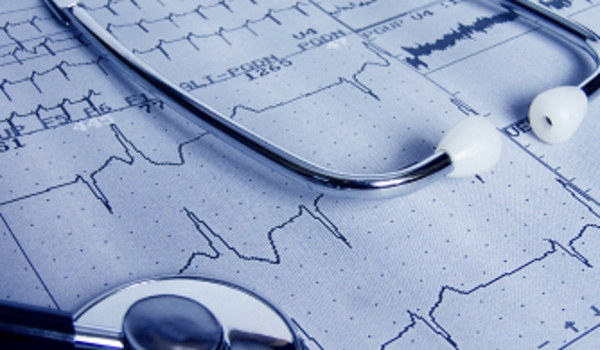Hormonal Systems

The body is made up of a network of different glands around the body, all with a job to do, to create the backbone of our hormonal system that release different substances to regulate basic bodily functions.
What is the hormonal system.
The human hormonal system has a network of glands that produce over 100 different chemical substances, each of which works to maintain and regulate basic bodily functions.
Roles of the hormonal system.
One of the chief functions of the hormonal system is the release of chemicals such as oestrogen and testosterone, which influence the development and maintenance of our sex characteristics, and the maturation and function of the sex organs.
What role do your glands play.
The hormonal system has glands located throughout the body, including the pituitary, pineal, thyroid, parathyroid, thymus, pancreas, adrenals, and ovaries or testes.
These control or regulate many vital life processes, including growth, reproduction, immunity (our body's ability to resist disease), and homeostasis homeostasis is a vital function, enabling the body to maintain a balance of internal functions. The branch of medicine that studies this is called endocrinology.
Endocrine glands have a key role.
Endocrine glands and the chemicals that they secrete are carried in the bloodstream to tissues and organs, stimulating them to perform some action. These chemicals are typically maintained at an optimum level in blood plasma, with receptor cells located throughout the body to monitor these critical levels.
However some of these can be released at particular times stress or sexual arousal for example and release higher doses depending on the situation we face.




